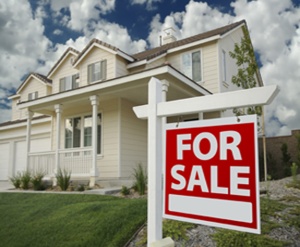 The weather is changing whether we like it or not, and with winter fast approaching, building managers and landlords should be proactive in regard to floor care. This is highly important in building lobbies and common areas.
The weather is changing whether we like it or not, and with winter fast approaching, building managers and landlords should be proactive in regard to floor care. This is highly important in building lobbies and common areas.
In order to counteract the damage that winter weather can cause on the flooring, property managers should take certain measures leading up to the season. By taking extra precautions now, building floors will be cleaner, safer and protected when it is most important.
First, a highly durable flooring finish should be applied to all common areas and entrances. Purchasing the more expensive products is worth it! High quality products will reduce cleaning costs and maintenance needs, ultimately paying for itself in the long run.
The second thing to consider is if enough layers of finish have been applied to the floors. In the summer, if the floors are shiny, this usually means that three to four coats of finish have been applied to the flooring. For the winter months, three to four coats will not be enough. Ideally, the flooring would have about five to six coats applied for protection against the snow and salt. These added coats will allow protect the floors against the increased cleaning that takes place over the colder months.
It is important to have a winter maintenance program in place at any buildings you manage. Make a schedule of how often the building will be vacuumed, swept, mopped, scrubbed and re-coated. The frequencies of these tasks will need to be increased during the winter. As part of this program, the building managers will need to install weather mats around the building. By installing mats, these will capture as much as 80 per cent of snow, salt and other soils. Mats should be place at all entrances, and around common areas of the building.
The last thing to consider is to strip and refinish the flooring during warmer months. Experts generally do not recommend stripping and refinishing flooring during colder months. This is mainly due to many finishes not adhering properly during the winter.
Keeping these tips in mind as the colder weather approaches will prove beneficial to the flooring in your building. Winter is on its way!


